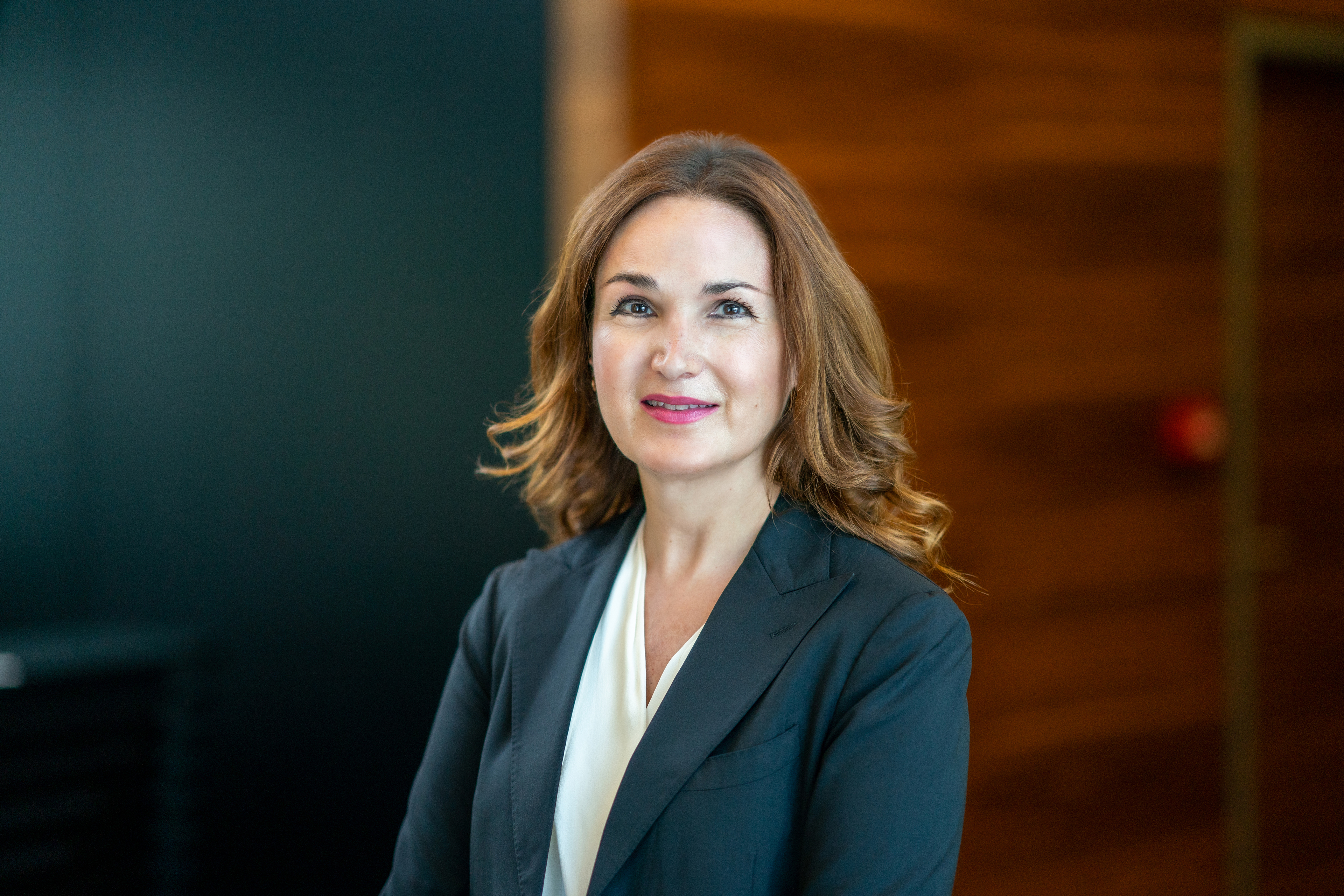EY refers to the global organization, and may refer to one or more, of the member firms of Ernst & Young Global Limited, each of which is a separate legal entity. Ernst & Young Global Limited, a UK company limited by guarantee, does not provide services to clients.

The first EY survey on entrepreneurship in Greece attempts to decode the country’s complex business environment.
In brief:
1. Concerns over higher operating and labor costs
2. Strong intention to invest, with a clear focus on innovation
3. Limited investment in artificial intelligence despite high expectations
4. Strong hiring intention, but lack in skills
5. Sale or passing down the company to the family?
6. Family businesses and the challenge of succession
Greek entrepreneurship is a key driver to the restart and transformation of the Greek economy. But how prepared are Greek companies to meet this challenge in today’s global environment, which is characterized by constant disruptions, emerging threats, but also new opportunities?
According to the findings of the EY Entrepreneurship Barometer Greece 2025, during a period of increasing global turmoil and intensifying challenges, entrepreneurs express strong concern about the rising operating costs. However, this does not hinder their investment activity which has a clear emphasis on innovation. At the same time, they are planning new hires, although they face difficulties in finding candidates with the necessary skills and experience.
Concerns over higher operating and labor costs
Entrepreneurs who participated in the survey expect that higher operating (83%) and labor costs (81%) will negatively impact the financial security of their businesses over the next 12 months. This highlights the need for targeted cost management and the adoption of flexible pricing policies to maintain financial stability.
Views on the current business conditions in Greece are divided: 41% characterize them as favorable, while 39% consider them unfavorable. However, this percentage appears stronger compared to the CESA (Central, Eastern and Southeastern Europe & Central Asia) region overall, where only 24% perceive current conditions positively.
Bureaucracy and regulatory complexity (77%), as well as the lack of skilled workforce and talent (50%), are identified as the most significant barriers to business activity in Greece.

Strong intention to invest, with a clear focus on innovation
Entrepreneurs in Greece appear more willing to make investments over the next 12 months compared to their peers in the broader CESA region. Specifically, 65% plan to invest in IT systems and software upgrades or new implementations, 62% intend to purchase or upgrade equipment or machinery, while 45% will invest in the establishment of new facilities.
However, two main deterrents are identified: economic risk and market uncertainty (45%) and geopolitical instability (41%). When it comes to financing, two out of three (66%) report relying on reinvested profits and own funds, while only 19% opt to loan from a financial institution.
The survey shows that businesses recognize the strategic importance of innovation, both for developing new products and services, and for optimizing internal operations. As a result, the key priorities for the next 12 months are product (59%) and organizational innovation (54%).

Limited investment in artificial intelligence despite high expectations
Entrepreneurs have high expectations from artificial intelligence (AI), with three out of four (76%) expecting that it will significantly enhance operational efficiency and productivity in their organizations. Additionally, 49% expect AI to improve the speed and quality of decision-making processes, 48% that it will help reduce labor costs through the automation of routine tasks, and 46% anticipate a reduction on the incidence of errors and improving quality control.
However, actual investment in this area remains limited. One in four entrepreneurs (27%) reports that their company has made no AI-related investment in the past three years, while only 5% have invested more than €250,000. It is worth noting that the findings from Greece are somewhat more positive than the CESA regional average, where 43% of entrepreneurs state that their businesses have not yet made any such investments.
Strong hiring intention, but lack in skills
Despite the unstable global landscape, 67% of entrepreneurs in Greece plan to expand their workforce by hiring more full-time employees within the next year – compared to just 48% in the CESA region. Additionally, 18% are considering hiring more part-time employees or external collaborators (freelancers), versus 27% in the CESA average. The strongest intention to hire full-time employees in the Greek sample is recorded among technology companies (85%).
However, finding suitable candidates is a challenge: 78% of Greek entrepreneurs struggle to find workers with the necessary skills – the highest rate among the countries surveyed – while 61% face difficulties in finding candidates with the required experience. This confirms findings from previous EY surveys on the significant skills gap observed in the country.
Sale or passing down the company to the family?
Although interest in mergers and acquisitions in Greece is on the rise, the majority of entrepreneurs (58%) do not consider the partial sale of their business likely over the next year. The most popular exit strategies for current shareholders are selling to investment funds (48%), selling to another company (41%), and passing the business down through family inheritance (38%). Specifically, companies in the technology and consumer sectors tend to favor sale to investors, while industrial businesses prioritize intra-family transfers.
Family businesses and the challenge of succession
Sixty-two percent stated that their businesses are family-owned. The main challenges they face are balancing family and business interests (54%) and succession planning and generational transition (52%). However, only 32% already have a formal succession plan in place, while just 6% have sought the support of external advisors. Most businesses manage the process informally through family discussions (37%), while 19% have not yet addressed the issue at all.

Recommendations for the future
Based on the survey’s findings and its experience in the market, EY in Greece puts forward a set of proposals aimed at strengthening business resilience, capitalizing on digital and technological opportunities, harnessing human capital, and creating an innovation and export-oriented ecosystem for Greek enterprises.
EY Entrepreneurship Barometer Greece 2025
Summary
This survey offers a snapshot of entrepreneurship in Greece, with responses from 135 entrepreneurs operating across all sectors of the Greek economy. The aim of the survey is to capture the current state and emerging trends of entrepreneurship in Greece and to provide a better understanding of the challenges and opportunities entrepreneurs face.



